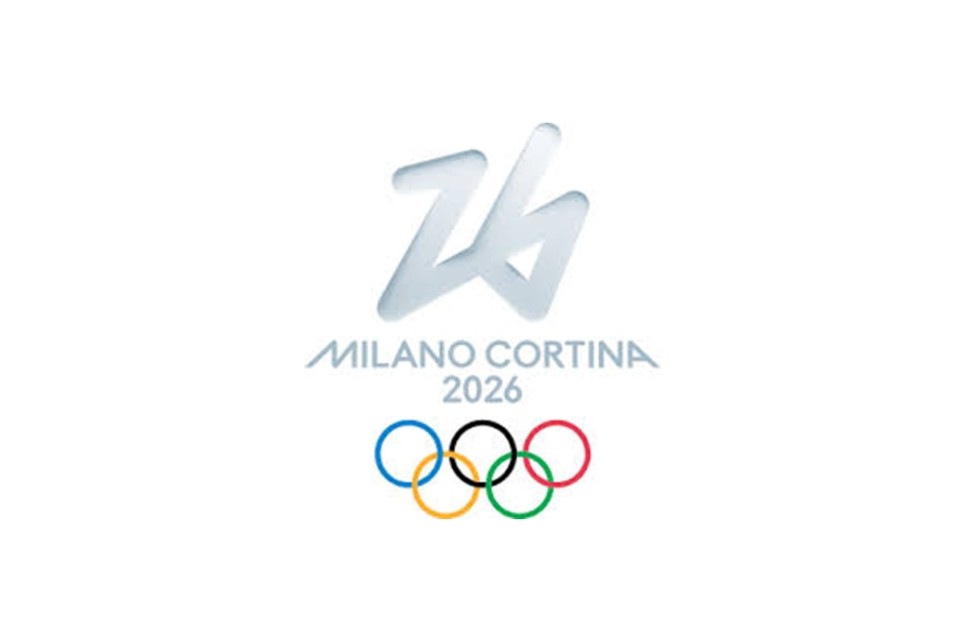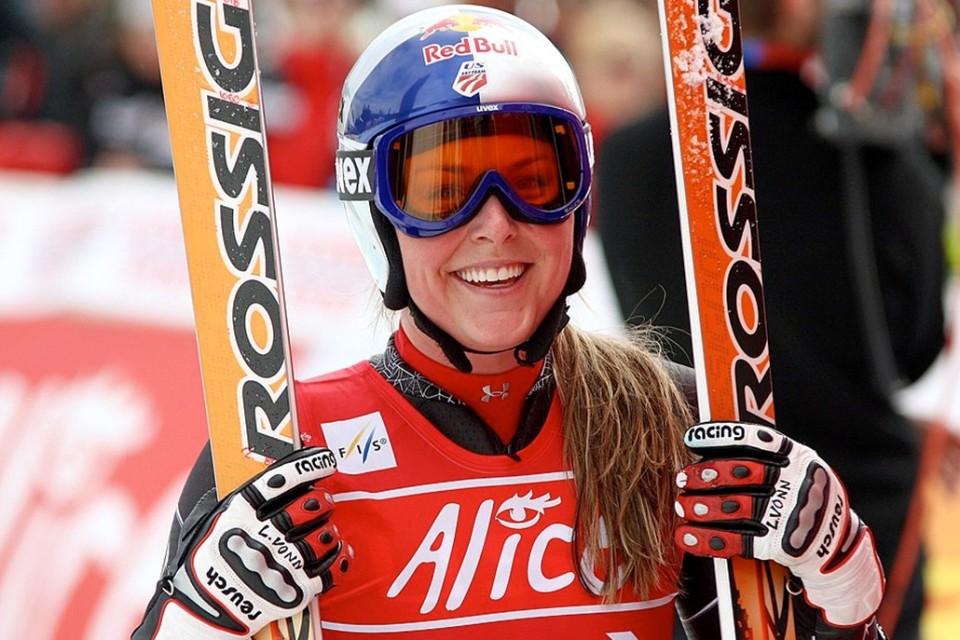Thu, November 06, 2025
ITIA v Aleksei Mokrov

A decision in the case of the International Tennis Integrity Agency (“ITIA”) against Mr Aleksei Mokrov has been issued by the Independent Panel.
The decision concerns Mr Mokrov, a professional tennis player from St. Petersburg, Russia, who was 19 years old at the time of testing and ranked No. 1,404 in the ATP Men’s Singles Rankings. As such, he is subject to and bound by the Tennis Anti-Doping Programme 2024 (“TADP”).
On 26 November 2024, during the ITF World Tennis Tour M15 event in Sharm El Sheikh, Egypt, an In-Competition urine sample (the “Sample”) was collected from Mr Mokrov. The Sample was divided into A and B bottles (“A Sample” and “B Sample”) and transmitted to the World Anti-Doping Agency (“WADA”) accredited Laboratoire de contrôle du dopage at the INRS Centre Armand-Frappier Santé Biotechnologie in Montreal, Canada (the “Laboratory”) for analysis. The Laboratory’s examination of the A Sample identified two urinary metabolites of nandrolone: 19-norandrosterone (“19-NA”) and 19-noretiocholanolone (“19-NE”), both classified as Anabolic Agents and Prohibited Substances under S1.1 (Anabolic Androgenic Steroids) of the WADA Prohibited List 2024, and therefore prohibited at all times. Furthermore, confirmation testing using GC/C/IRMS and GC-MS established that the detected 19-NA was of exogenous origin, thereby constituting an Adverse Analytical Finding (“AAF”). Consequently, on 27 January 2025, the ITIA notified Mr Mokrov of the AAF and imposed a Provisional Suspension. The analysis of the B Sample, conducted on 11 February 2025 and attended virtually by Mr Mokrov together with two witnesses of his choosing, confirmed the presence of exogenous 19-NA. Subsequently, on 18 April 2025, Mr Mokrov filed his response disputing the reliability of the Laboratory’s analysis and submitted an expert report prepared by Dr Podolskiy, alleging departures from the International Standard for Laboratories (“ISL”) that could have caused the AAF. Finally, on 13 May 2025, the ITIA charged Mr Mokrov with an Anti-Doping Rule Violation (“ADRV”) under Articles 2.1 and/or 2.2 of the TADP, following the positive test result from 26 November 2024.
The matter was thereafter referred to the Independent Panel and on 28 May 2025, the Independent Tribunal was duly constituted, with the Rt Hon Sir Gary Hickinbottom serving as Chair, alongside Ms Lucy Martinez and Professor Dorian Haskard.
A hearing took place on 16 October 2025 and included an expert witness conference in which experts from both parties were invited to provide testimony on the technical nature of the analytical procedures employed by the Laboratory, the interpretation of the GC/C/IRMS results, and the alleged departures from ISL.
Mr Mokrov’s defence focused on alleged analytical and procedural departures from the ISL. He contended that the Positive Quality Control (“PQC”) and Negative Quality Control (“NQC”) were subjected to a different preparation process than the Sample, since the fractions of the target compounds (19-NA and 19-NE) and certain Endogenous Reference Compounds (“ERCs”), including Pregnanediol and 5β-Androstane-3α,17β-Diol (“5b-Adiol”) were combined in the controls but not in the A and B Samples. He argued that this distinction rendered the controls invalid for assessing analytical reliability and deprived the confirmation procedure of the requisite quality assurance. The defence also raised concerns over the treatment of the 19-NE fraction, inconsistencies in injection volumes, low signal-to-noise ratios in the HPLC control mixtures, and documentation discrepancies. Finally, Mr Mokrov argued that the intentional Use of nandrolone would have been irrational and inconsistent with his professional self-interest given the substance’s long detection window and unsuitability for tennis players. He sought to rebut the presumption under Article 3.2.4 TADP that WADA-accredited laboratories comply with the ISL, arguing that any departures could reasonably have caused the AAF.
The ITIA rebutted these assertions with expert evidence from Professor Naud and Dr Barber (both from the Laboratory), and Dr Nair. The Laboratory’s initial analysis had detected 19-NA at a level of 1.9 ng/mL, a value well above endogenous levels typically seen in men (around 0.01 ng/mL) and even in pregnant women (up to 0.8 ng/mL). Although GC/C/IRMS analysis is ordinarily required where concentrations fall between 2.5 and 15 ng/mL, the Laboratory determined that the 1.9 ng/mL result, combined with the suspicious 19-NA to 19-NE ratio, warranted further confirmatory testing. The experts explained that the Sample and control materials were collected and purified identically using the same HPLC purification method and conditions. The only difference was that, after purification, the Laboratory combined the control fractions of 19-NA, 19-NE, and the ERCs before GC/C/IRMS injection, which they explained was a permissible and validated step under the ISL.
Dr Podolskiy on behalf of Mr Mokrov argued that combining the control fractions of 19-NA and 19-NE could have caused isotopic fractionation, altering the measured isotope ratios of the analytes. However, the ITIA’s experts showed that the HPLC fraction collection windows for 19-NE (14.6–15.5 minutes) and 19-NA (16.8–17.7 minutes) were separated by a 0.8-minute (48-second) gap, with additional 0.2-minute guard bands on either side ensuring that no analyte peak was cut. They concluded that isotopic fractionation due to overlap between fractions was impossible for practical purposes, as any material outside these windows would have been sent to waste. The experts also confirmed that the combination of control fractions occurred only after purification and did not affect the validity of the quality controls.
The Independent Tribunal carefully reviewed the oral evidence and submissions presented at the hearing, as well as the expert reports submitted by the parties. After a thorough examination, the Independent Tribunal accepted the evidence of the ITIA and was satisfied, to a standard exceeding mere comfortable satisfaction, that the Laboratory’s analysis was conducted in full compliance with the ISL, including the provisions of WADA Technical Document “TD2021NA”. The Independent Tribunal found that the relevant fractions of the Sample and the corresponding controls had been collected and purified in an identical manner, and that the combination of control fractions did not constitute a deviation from the Comment to Article 3.1 of TD2021NA, nor from the general requirements set forth in Articles 3.2.3 of TD2021NA or 5.3.6.2 of the ISL. Moreover, even if such a departure were to be assumed, the Independent Tribunal held that Mr Mokrov had failed to demonstrate, in any practical or plausible way, how the AAF could reasonably have resulted therefrom.
The Independent Tribunal was therefore comfortably satisfied that the Laboratory’s analytical results were valid and reliable, and that the ITIA had proved the ADRVs under Articles 2.1 and 2.2 of the TADP. Accordingly, it was found that Mr Mokrov had committed ADRVs for the presence and Use of 19-NA.
Mr Mokrov did not attempt to show the source from where the 19-NA came; and, in the circumstances, had failed to establish that the ADRV was not intentional, so that, under Article 10.2.1 of the TADP, the relevant period of Ineligibility is required to be four (4) years.
Accordingly, Mr Mokrov was sanctioned with a period of Ineligibility of four (4) years commencing from the date of the decision, with credit for the period of Provisional Suspension already served. All competitive results obtained from 26 November 2024 (the date of the ADRV) were disqualified, with forfeiture of any medals, ranking points, and prize money.
Sport Resolutions is the Independent Secretariat to the International Tennis Integrity Agency Independent Panel.
A copy of the full decision can be accessed via the related links tab on the right-hand side.
Related Documents
- ITIA v Aleksei Mokrov Decision



